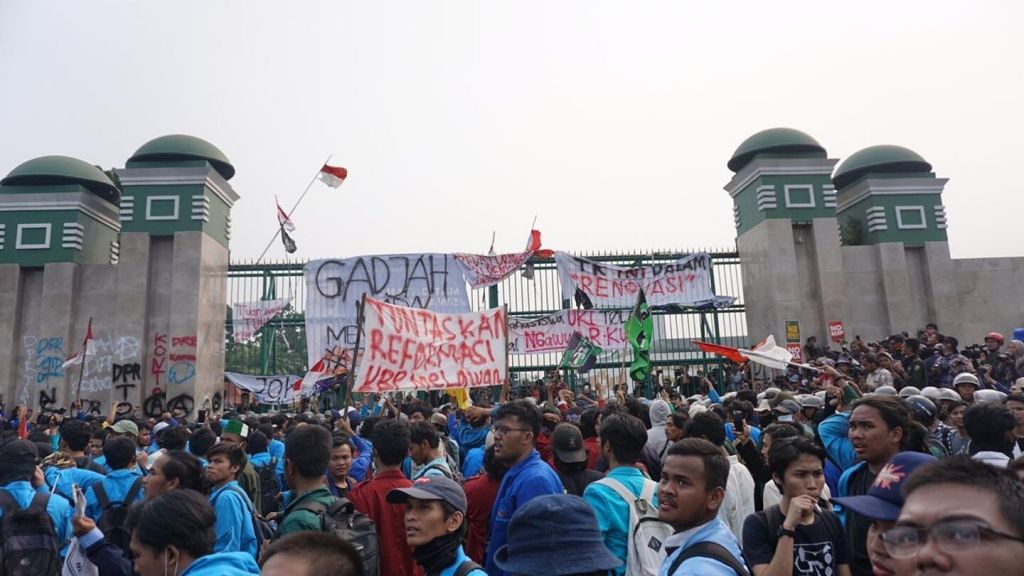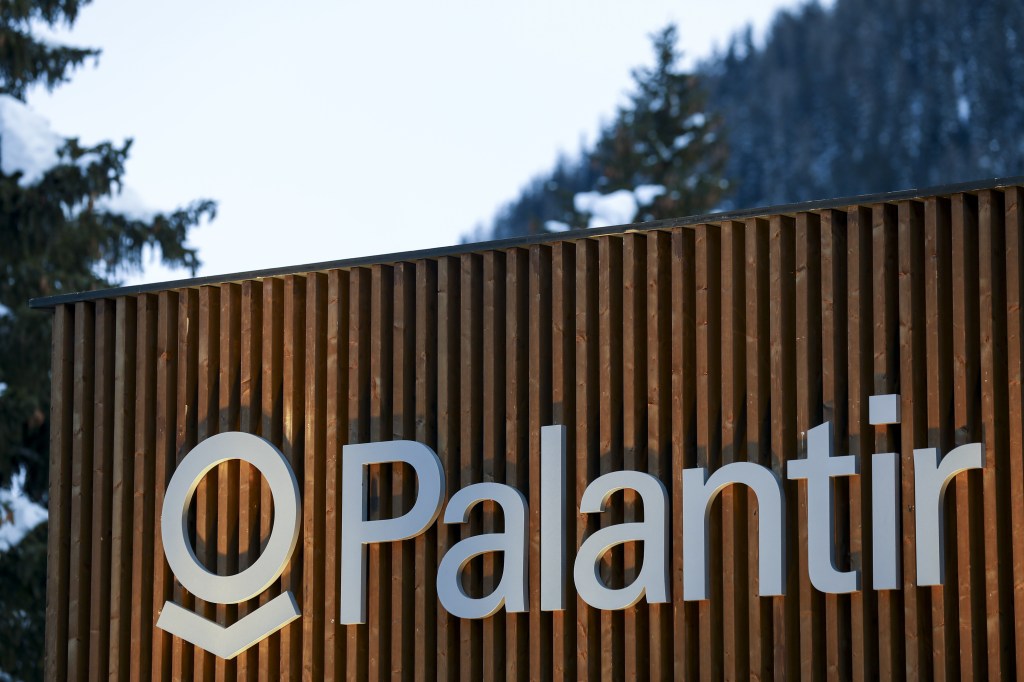This article originally appeared on VICE Indonesia.
In response to a series of protests that began yesterday and have caused bloodshed nationwide, the Indonesian government and the People’s Representative Council (DPR) have agreed to postpone the passing of four controversial legal amendments to the country’s criminal code, which student protesters say would undermine the nation’s democratic system.
Videos by VICE
One of the most controversial changes is one that seeks to criminalise extramarital sex and cohabitation. Critics believe this is sexist and simply a way for the government to punish the LGBTQ community, as same-sex marriage remains illegal.
The latest wave of protests is the largest collective movement of students in Indonesia since the 1998 rallies that toppled the country’s second president, Suharto.

The criminal code amendments were slated to be passed by the end of this month but the DPR decided to postpone it after protests escalated.
Students were also protesting against another controversial change that seeks to weaken the government’s anti-corruption agency known as the Corruption Eradication Commission (KPK). That however, is still pushing through. The new law would hand much of the organisation’s power to another government body, which would make it less independent and more susceptible to government control.
Students are calling for the cancelation of these amendments and are championing anti-sexual violence laws.
Additionally, they are rejecting the practice of police officers occupying civil positions and are calling for an end to the forest fires, the militarisation of West Papua, and the criminalisation of protesters. They have also asked for the release of political prisoners.
Bambang Soesatyo, speaker of the DPR, has asked protesters to end their demonstrations, saying that the amendments’ postponement means their demands have been met. He intended to address the protestors yesterday to facilitate discussion, but his efforts were cut short when police began firing tear gas and water cannons against protesters. Over 200 students have been reported injured, while three are in critical condition.

The government expected that postponing the passing of the amendments would ease public tension, but it has not as rallies continue nationwide.
Manik Marganamahendra, Head of the Student’s Executive Council (BEM) at the University of Indonesia, said the goal of the protests was to hinder efforts to pass the controversial amendments, not just postpone them.
“We will wait until they hold the hearing to decide that they will not pass those laws,” Marganamahendra said. “We also aim to abolish the amendments regarding the weakening of anti-corruption laws. If President Joko Widodo does not issue a Presidential decree against these amendments, we will request a judicial review.”

Protesters blocked roads, occupied toll roads, and conducted marches from various points heading toward the DPR building in Jakarta. Some acts of vandalism by protesters were also reported. Some topped street signs, destroyed fences, and threw rocks at the DPR building. When some protesters attempted to break into the office, which was guarded and sealed off, police responded by firing tear gas.
The government, however, continues to undermine the youth movement.
Wiranto, the Coordinating Minister of Legal Politics and Human Rights, who goes by one name, said that the demonstrations, which are projected to continue until Sept. 30, are no longer relevant because the government has fulfilled students’ demands. He urged protesters to find a more ethical way to communicate their demands.
“The postponement was agreed upon because the government listened to its people, so the protests are no longer relevant because now they can give their input in a more ethical manner,” Wiranto said.
Moeldoko, head of Indonesia’s Presidential staff, who also goes by one name, also asked the public to consider that the president himself issued the postponement, and to understand that he is in a difficult position.
“What they need to understand is that the government at this time has reached an agreement with the DPR to further review the amendments regarding the criminal code, land laws, and other laws in question,” Moeldoko said.
Despite their claims, the government has not actually addressed any of the protesters’ demands through the postponement, as they have not been canceled.

The public may be able to remove the KPK amendment by filing a lawsuit against the Supreme Court or urging Widodo to issue a presidential decree. However, the president has made it clear he will not oblige the latter option.

Oce Madril, head of the Anticorruption Research Centre at Gadjah Mada University, has criticised Widodo’s indecisiveness in taking action to address protesters’ demands.
“Why doesn’t the president do the same to the KPK as he did to the other laws in question?” Madril pointed out.
Madril said that Widodo’s underwhelming response to demands to remove the KPK amendment will only fuel public suspicion that corrupt agendas are at play behind the passing of the amendment.
Indonesia Corruption Watch (ICW) and other organisations are preparing to file a judicial review against the KPK amendment in Indonesia’s Constitutional Court, following the decision of 18 student organisations to do the same.










